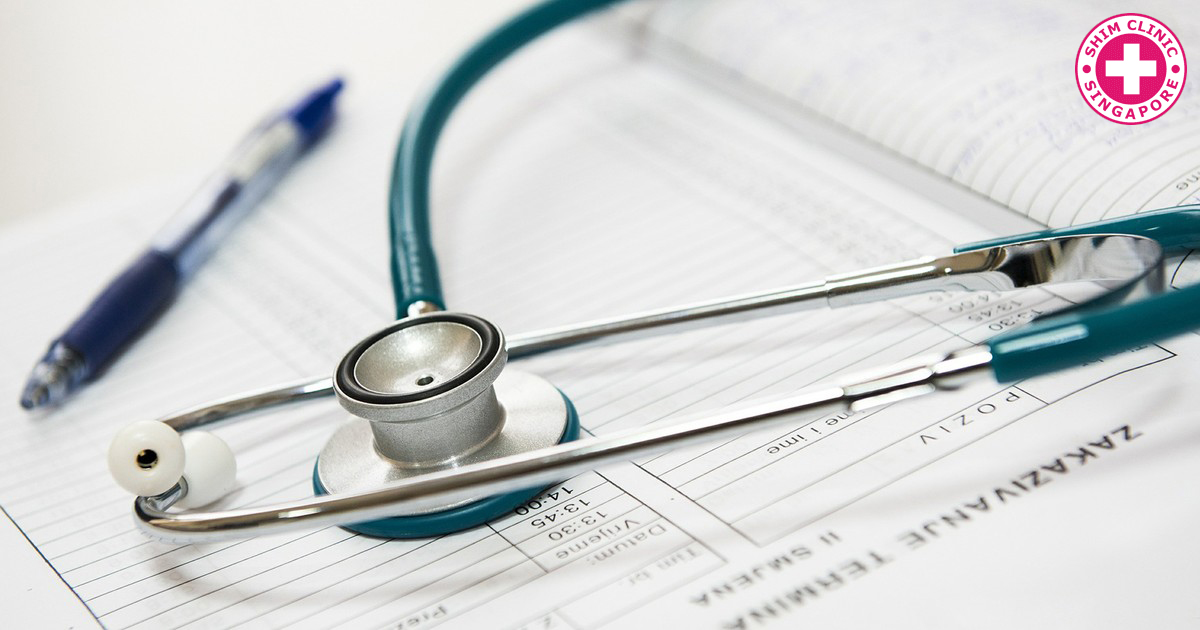The one thing that makes HIV, Human Immunodeficiency Virus, deadlier is the fact that its detection is hard. In its early stages, the symptoms of HIV can mask itself as common conditions, making the infection almost impossible detect until it causes irreparable damage to the body. It is very important for the infection to be detected at its early stages to start treatment and prevent it from spreading to other parts of the body or to another person.
The most common way to get detected in time to get to yourself tested periodically. If you have been experiencing the following symptoms, it is better to get an HIV test as soon as possible.
- After two weeks or two months of infection, the HIV induced flu is often described as the worst kind. You can experience severe joint aches, muscle aches, fever, sore throat chills and head ache, among other flu like symptoms. However, what makes it undetectable is that they usually subside within a week.
- One of the earliest symptoms of HIV is swollen lymph glands. They can be with or without the pain.
- Another telltale HIV sign that people often ignore is a rash or psoriasis like symptoms that often fade away in some time. This rash looks red small bumps and can be extremely itchy. The severity of the rash can also cause mouth ulcers in some.
- If you are feeling unreasonably tired, then it is time to get a health checkup. Fatigue is a symptomatic sign of HIV and can be caused due to your body’s ongoing battle with the infection. When you catch the deadly infection, your immunity starts working harder, trying to replace the dead cells and fighting the virus, making you feel tired and worn out.
- As the infection continues to spread through the body, you can also experience shortness of breath that is is also confused with cold and/or cough. If left unattended, they can turn into chronic conditions, raising serious red flags.
- Even though diarrhea and weight loss is usually more associated with AIDS, it can also be experienced by people who are suffering from HIV infection.
If you feel that these symptoms are somewhat similar to your own, it is time to get yourself tested for HIV, especially if you have had unprotected sex or have been careless around needles. Think of all the possible ways you may have come in contact with an infected person’s body fluids.
Even if you cannot remember an incident where you might have contracted the disease, it is still advisable to get yourself tested. If detected early, HIV PEP treatment can be introduced which can reduce the risk of HIV infection by over 90%. If undetected, HIV can take months before it takes its final toll on your body, and by that time it would have been too late.

